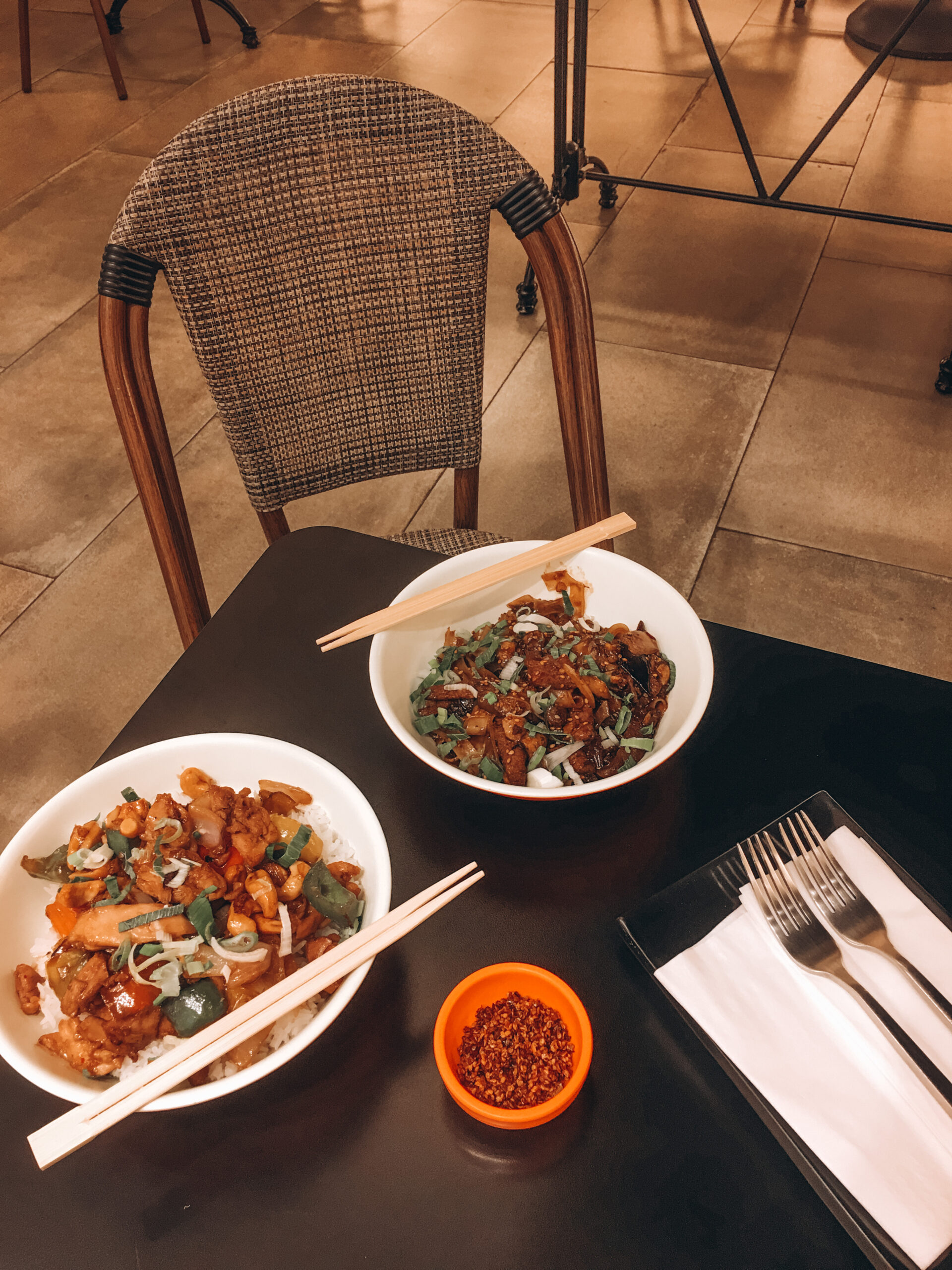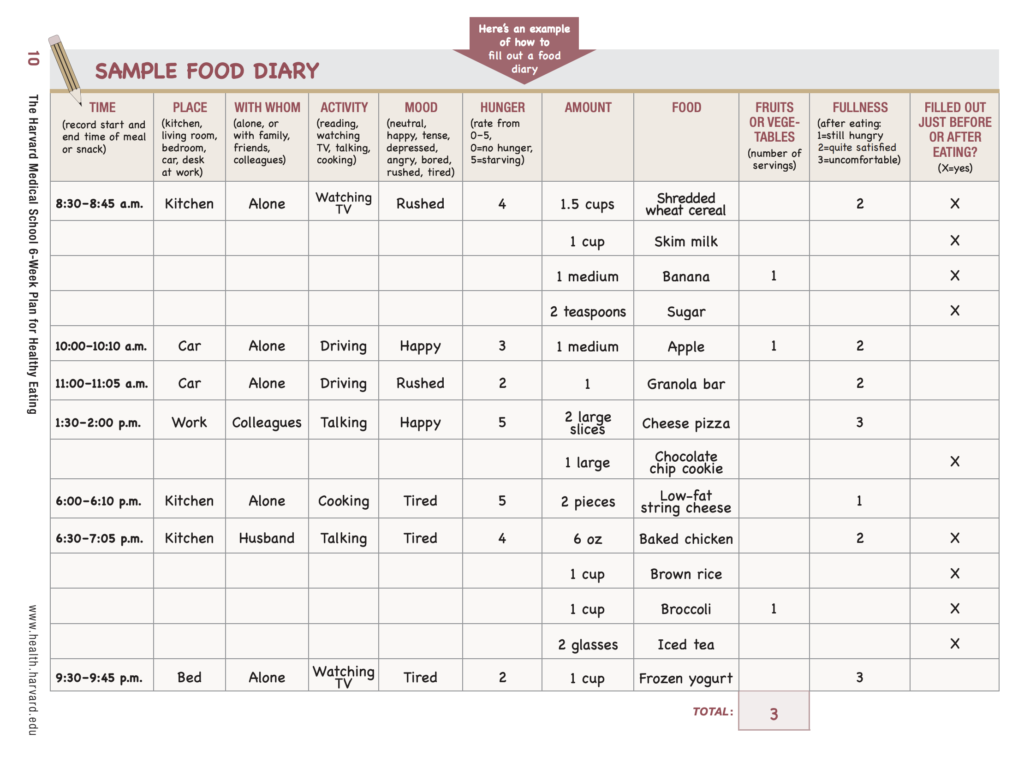Emotional Eating

Nothing validates the brain – gut relationship quite like emotional eating.
We’ve all fallen victim at one point or the other to emotional eating either gravitating to a large pizza after a stressful day at work or eating just because we’re bored. And let’s not forget the months following a devastating breakup.
Often emotional eating is triggered by stress or other strong emotions as a coping mechanism to try alleviate the pain or validate joy. A study done by John Hopkins Hospital shows that stressful events activate brain systems associated with metabolism, cognition and reward.
So what happens when we are stressed?
The adrenal glands release the hormone cortisol (the stress hormone), to help the body protect itself. However, if cortisol levels are elevated for a prolonged period of time, this leads to increased appetite which increases food consumption. Research also shows that physical or emotional distress increases the intake of food high in fat, sugar, or both that triggers the brain reward center the same way drugs do. High cortisol levels plus high insulin levels send temporary feel good signals through the body and the brain begins to associate these foods with comfort. The more we repeat this cycle, we create a habit that food or excessive drinking is a welcome distraction/reward.
What habits can we form to allow us to appreciate and honor food as a source of healing and joy ?
*Identify your triggers
It’s perfectly okay to eat while feeling all the feels whether good or not so good. What matters is that you understand your triggers. Do you gravitate towards certain comfort foods when you are sad? As a reward to a successful day? Some of us identify certain food habits based on our childhood; say for example your parents only allowed you to have ice cream as a treat to good grades, that same pattern might still be deeply ingrained in your subconscious. Being able to name your trigger allows you to actively create coping mechanisms that are nourishing to your body. Ask yourself, how would this make me feel – would it nourish my body or take away from it? This allows you to choose an option that feels best for you.
*Start a food journal
A food journal is a daily log of what you eat, when you eat, how you feel before, while and after you eat. It empowers you to take ownership of your own healing journey by highlighting patterns and keeping you accountable. Additionally, it can make you aware of any food allergies or intolerances. If you are navigating your food habits with a therapist or doctor this would be useful in identifying certain patterns that make it easier to create a positive shift. Extend grace to yourself through this process. It’s easy to become obsessive about the details or to put overwhelming restrictions that only make you resentful. But it’s pertinent that you are honest with yourself as well.
You can either use a traditional journal or a digital app

*Practice mindful eating
While I will get into more detail in the next blog post, mindful eating invites us to be aware of why we are eating what we are eating. It engages both our physical and emotional senses to experience and enjoy our food which leads to increased gratitude and improves the overall eating experience. Mindful eating encourages one to make choices that are satisfying and nourishing to our body without judgment.
*Brain train
Replace the habit of emotional eating with a nourishing one
- Switch your kitchen counter to create visibility to more nourishing foods like fruits or nuts. I eat what I see, our brain will immediately gravitate towards what your eyes see first.
- Honoring your feelings and your cravings. Denying your body what it wants is also detrimental so creating a balance is important. For example, if you want to grab a bag of chips, try having a handful instead of the entire bag. (easier said than done, I know but this is how you build willpower)
- Watch how you speak to yourself. Like everything else, your beliefs create your reality. For example instead of saying “I eat pizza when I am sad” say “I used to eat pizza when I was sad now I go for a run” This allows you to take back your power and own your narrative about yourself.
- Enjoy your “comfort foods” when you’re feeling good as well. This helps you break the pattern that your brain associates a particular food with certain feelings.
*Build a support system
The right support can build you up for life. Get someone you trust that you can really talk to and who will understand what you are feeling. Sometimes this could be a parent, a friend or a professional.
Always, extend grace and be kind to yourself 🌻
To join the conversation, follow me on Instagram @betawithbri